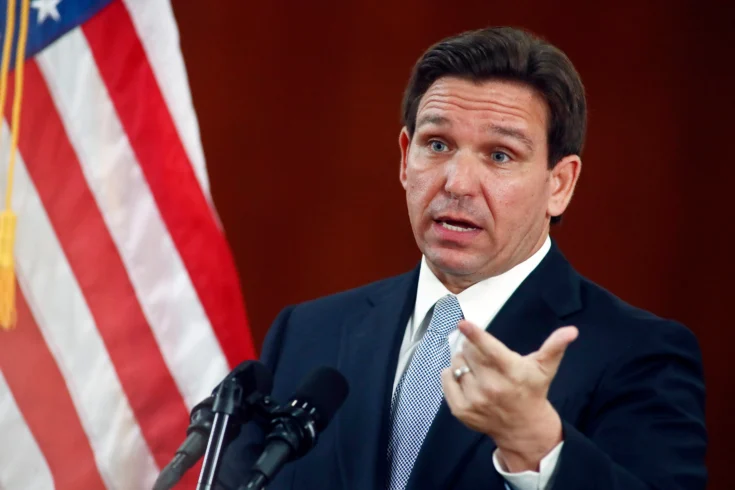Understanding the Implications of Governor DeSantis’ Legislation and the Complexities of Homelessness
Florida Governor Ron DeSantis recently signed into law HB 1365, which prohibits homeless encampments and public sleeping in the state, sparking a debate about the balance between law enforcement and addressing the root causes of homelessness. The legislation, set to take effect on October 1st, mandates cities and counties to relocate individuals sleeping on streets, sidewalks, and parks into shelters or government-run encampments. Governor DeSantis defended the move as necessary for maintaining law and order and safeguarding citizens’ quality of life.
Governor DeSantis framed the issue as one of public safety and quality of life for law-abiding citizens. He argued that the legislation aims to prevent homeless encampments from intruding on communities, citing concerns about the impact on tourism and public perception. By requiring homeless individuals to relocate to shelters or government encampments, the bill seeks to address visible homelessness while providing access to essential services such as running water, restrooms, addiction treatment, and mental health services.
Critics, including Democratic Senator Shevrin Jones, contend that the legislation fails to address the underlying causes of homelessness, such as economic struggles, substance abuse, and mental health issues. They argue that merely relocating homeless individuals without offering sustainable solutions perpetuates the cycle of homelessness and neglects the need for comprehensive support services. Critics also raise concerns about the potential criminalization of homelessness and the lack of affordable housing options.

A Focus on Law and Order
Miami Beach Mayor Steve Meiner, whose city has grappled with issues related to homelessness and spring break visitors, supports the legislation as a necessary measure to maintain law and order. He emphasizes the importance of enforcing regulations and ensuring compliance, even if it requires “tough love.” Mayor Meiner’s stance reflects a broader trend of municipalities prioritizing law enforcement approaches to address homelessness, particularly in tourist-heavy areas.

The debate surrounding Florida’s ban on homeless encampments underscores the complexities of addressing homelessness. While legislation like HB 1365 aims to address visible homelessness and improve public safety, critics argue that it overlooks the multifaceted nature of the issue. Homelessness is often rooted in systemic issues such as poverty, lack of affordable housing, and inadequate access to healthcare and social services. Addressing these root causes requires a holistic approach that combines housing assistance, mental health support, substance abuse treatment, and job training programs.
Read More News:
- Nanoplastics Peril: Bottled Water Unveils Potential Health Hazards, Study have Exposed
- The Mega Millions Phenomenon: Unveiling the World of High-Stakes Lotteries
Florida’s ban on homeless encampments reflects a broader national debate about how to address homelessness while balancing concerns about public safety and quality of life. While the legislation signals a commitment to law and order, critics argue that it falls short of addressing the underlying causes of homelessness and may exacerbate social inequalities. As communities grapple with these challenges, finding a balanced approach that combines compassionate support services with effective policies remains essential to addressing homelessness in a meaningful and sustainable way.




